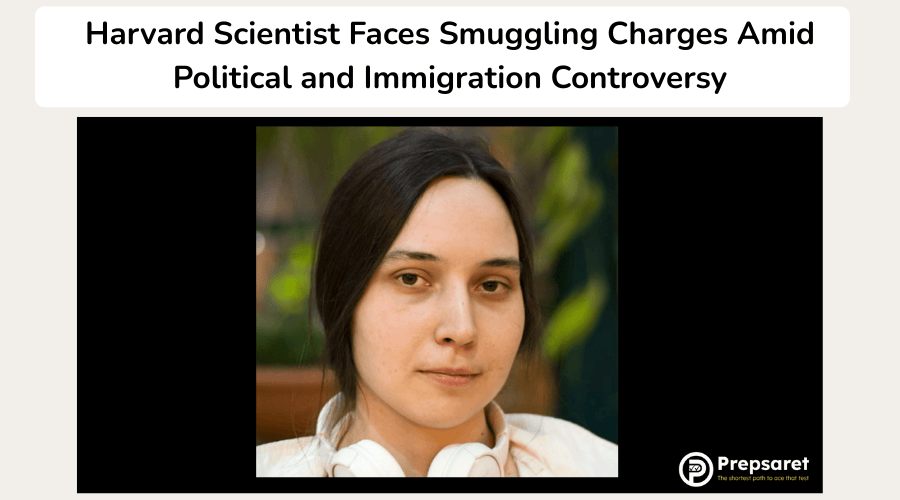Highlights
- Kseniia Petrova, a Russian-born Harvard scientist, has been charged with smuggling frog embryos into the U.S.
- The case has drawn international attention due to its immigration, scientific, and political implications.
- Petrova claims she feared persecution in Russia for opposing the war in Ukraine.
- Legal experts and the presiding judge have questioned the government’s handling of her visa revocation and detention.
- Her attorney argues the timing of the criminal charge is suspicious and meant to justify prolonged detention.
- The scientific community has expressed concern over the impact this case could have on attracting global talent.
Kseniia Petrova, a 30-year-old Russian-born scientist conducting research at Harvard University, has been charged by U.S. federal prosecutors with smuggling biological materials—specifically frog embryos—into the country.
The development marks a significant escalation in a case that has already sparked widespread concern in academic and human rights circles.
Petrova, who fled Russia in 2022 after publicly opposing the invasion of Ukraine, has been held in U.S. Immigration and Customs Enforcement (ICE) detention since February.
She was originally detained at Boston Logan International Airport after a Customs and Border Protection (CBP) canine unit flagged her luggage. Inside, officers found frog embryos and paraffin slides, which Petrova had obtained in France for scientific research.
Questions Over Customs Process and Visa Revocation
At the airport, Petrova allegedly denied carrying any biological materials, according to prosecutors. However, she later admitted to having the samples when presented with text messages that indicated she was aware of the need for proper documentation.
Petrova, in contrast, said she disclosed the samples and was unsure of the customs requirements.
Following the airport inspection, her J-1 visa was revoked, and she was transferred to a detention center in Louisiana. During a recent habeas corpus hearing, U.S. District Judge Christina Reiss expressed doubt over whether CBP had the authority to revoke her visa based solely on a customs violation.
“Where does a Customs and Border Patrol officer have the authority on his or her own to revoke a visa?” Reiss asked in court, raising questions about due process.
Legal Defense and Concerns Over Political Repercussions
Petrova’s lawyer, Gregory Romanovsky, argued that the charge was filed three months after the alleged violation, conveniently timed to justify her continued detention.
“Almost immediately after the hearing, we were blindsided by the unsealing of a meritless criminal complaint,” he said, alleging retaliatory intent from the government after a bail hearing was scheduled.
If convicted, Petrova could face up to 20 years in prison and a fine of $250,000. Petrova, however, maintains that she had no intent to deceive customs officials and simply made a mistake.
Find Out: Does Harvard Accept GED
Broader Implications for Science and Immigration
Petrova’s case has resonated across the global scientific community. Harvard scientist Leon Peshkin, her mentor, described her as “spectacular” and said her research on cellular aging has stalled in her absence.
He also criticized what he called the “misperception” that foreign scientists are a privileged group in the U.S. “Foreign scientists come here with gifts… They enrich the American scientific community,” he said.
The case has also highlighted how U.S. immigration enforcement can intersect with broader geopolitical and academic concerns. Petrova detailed in an op-ed her fears of being sent back to Russia, where she believes she would be jailed for her political beliefs and protests against the Putin administration.
A tentative bail hearing is set for May 28, as Petrova continues to wait in detention. Judge Reiss has requested further briefings to determine whether the court has jurisdiction to release her.
Also in the news:

